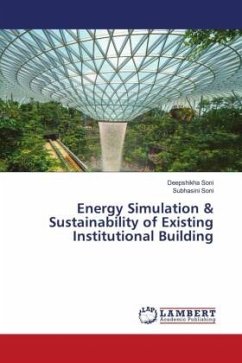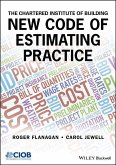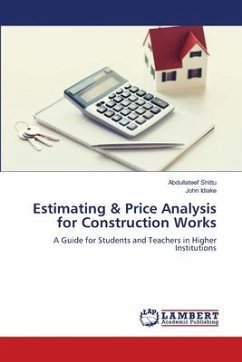The world's overall growth trend towards greater urban development is resulting in increased public water demand in areas that are often already suffering from water shortages, forcing cities to develop costly alternatives. It is thus essential to better understand the nature of urban water use and its long-term, sometimes irreversible, impacts. This book presents a methodology to estimate commercial, industrial, and institutional (CII) public water use, through the use of water use coefficients. These coefficients were developed using public property appraiser data from the Florida Department of Revenue, and case studies of water use from Florida utilities. By estimating water use at the sectoral level, this methodology allows any utility in the State to better determine the drivers of demand, and thus formulate more optimal water conservation plans. This methodology and coefficients should also be applicable outside the state of Florida, given the minimally seasonal nature of CII public water use.
Bitte wählen Sie Ihr Anliegen aus.
Rechnungen
Retourenschein anfordern
Bestellstatus
Storno

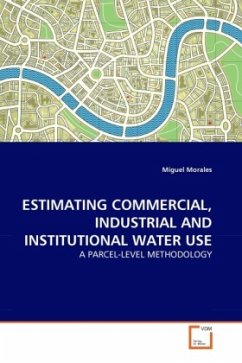
![Cost Estimating Manual for Water Treatment Facilities [With CDROM] Cost Estimating Manual for Water Treatment Facilities [With CDROM]](https://bilder.buecher.de/produkte/25/25077/25077481m.jpg)

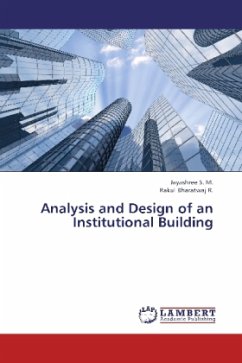
![Estimating Construction Costs [With CDROM] Estimating Construction Costs [With CDROM]](https://bilder.buecher.de/produkte/26/26628/26628766m.jpg)
